Farmers leave land, foreign buyers on the rise
- The Advertiser
- 10 September 2011
New figures by the Australian Bureau of Statistics show more than 12 per cent of land used for agriculture in South Australia is owned by foreign interests.
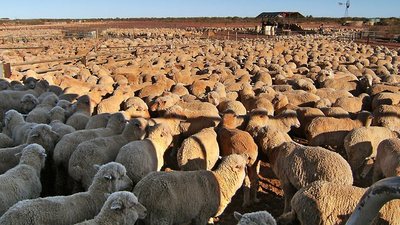
New figures by the Australian Bureau of Statistics show more than 12 per cent of land used for agriculture in South Australia is owned by foreign interests.
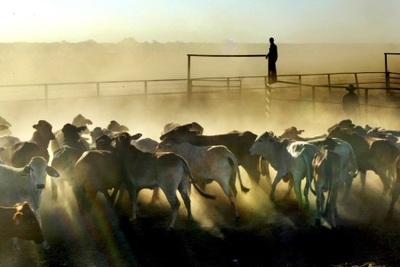
The level of Chinese investment in the Australian beef supply chain appears certain to increase as China hunts for new food sources to feed its one and half billion citizens. Nine Chinese companies have outlaid almost $430 million on Australian beef cattle holdings and downstream red meat supply chain.
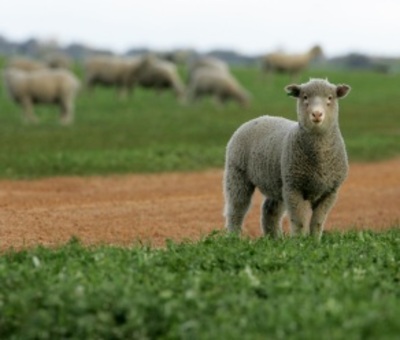
According to figures released today by the Australian Bureau of Statistics, as at 31 December 2010, 89% of the nation's agricultural land was Australian owned.
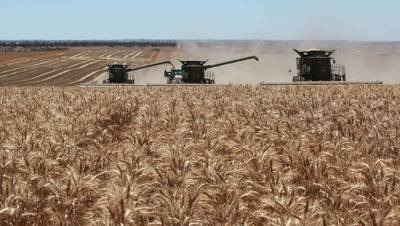
The past few years has seen a steep increase in the players involved in the Australian agribusiness investment sector, particularly with Canadian and American pension funds.
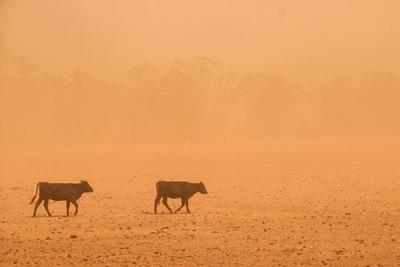
The Australian Government's long-awaited foreign ownership of water entitlement register reveals one in 10 water entitlements is foreign-owned at 10.4 per cent.

There's no question that after five years of investing about $60 billion in the Australian resources and power sectors, the focus of Chinese investment is now on food.
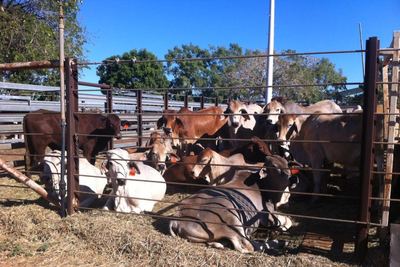
Indonesia has moved to solve its beef supply problems by approving a plan to buy one million hectares of Australian farmland, a plot four times the size of the Australian Capital Territory.

Since the day it was released, the accuracy of the Australian government’s Foreign Owned Agricultural Land Register has come into question, with rural industry stakeholders disputing the amount of land actually held by Chinese interests

The Australian farming business BFB Pty Ltd, with its portfolio of 28 farms covering 48,753 ha, will be pitched to Australian superannuation funds and offshore sovereign wealth investors.
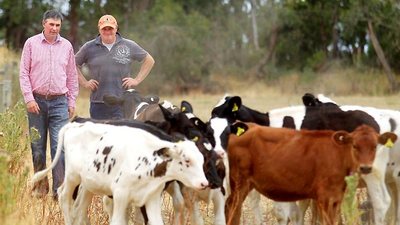
In rural Australia, the hyperbole about agriculture as a boom industry for global investors is not translating into practical benefits at the farm gate
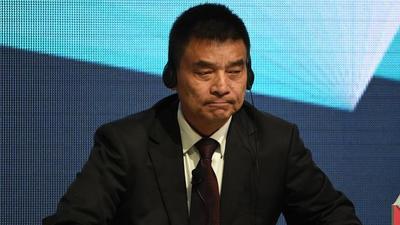
New Hope Group announced last year it would invest $500m into Australian agribusiness, and its chairman Liu Yonghao revealed majority of the fund would support New Hope Dairy’s projects in Australia.

Australian Ag Minister supports banning all foreign governments and foreign state-owned companies from buying Australian farmland, saying such acquisitions could “undermine the national interest”.
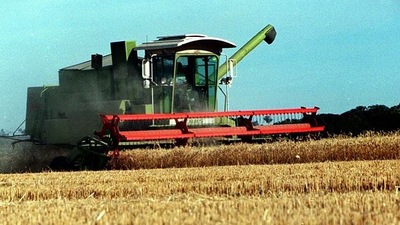
Over the past few years Hassad Australia has amassed a property portfolio of 14 major wheat and sheep farms or clusters of properties across four states, covering 287,000ha.

Chinese companies could be encouraged to invest in Australian agricultural businesses instead of buying up farms under a new foreign investment model based on the practice in the mining sector.
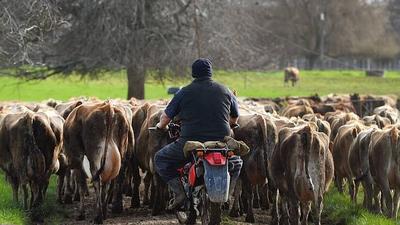
Global agricultural investor the Westchester Group, owned by pension fund manager TIAA-CREF, is on the hunt to buy farms in New Zealand, after focusing its investment attention for the past 25 years on agriculture in the US, Australia and Brazil.

Foreign investment in Australia's food chain is increasing at a rate that is causing concern, and not just for people on the land.

The foreign ownership debate in Australia needs to evolve to – or be merged with – a broader debate about the future of the agricultural sector.
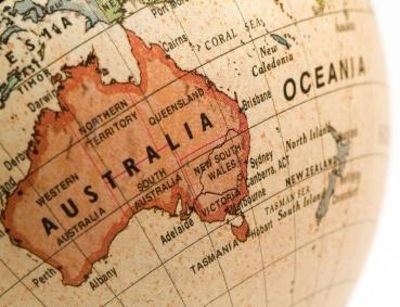
"You get a clash of sovereignties. You might take an individual to court or a corporation to court. But I think you'll be very concerned if you take a country to court especially when that country is far bigger than the one you live in," Australian Senator Joyce said.
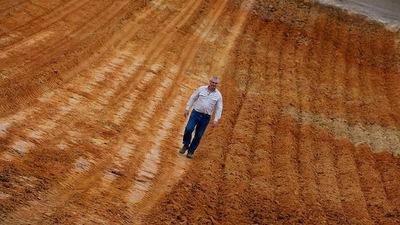
A new survey reports that foreign ownership of Australian farmland grew by 4.7 million hectares in just two-and-a-half years.
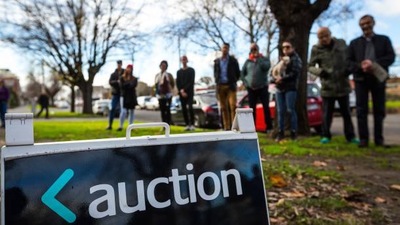
Now and into 2017 agribusiness is being promoted as the next big thing, with increasing market activity, resulting in land and asset values accelerating at a greater rate towards a peak as local and international demand increases.

Qatar-based Hassad Food has initiated its investment in Australian agriculture with the purchase of the prized Kaladbro Estate in far western Victoria.

The ramifications of the land grab seven years ago, and the role of ANZ in financing the Phnom Penh Sugar (PPS) refinery, are still being felt today. Representative of victims are traveling to Melbourne to lobby ANZ's institutional investors for investigating their complaint against ANZ.

According to the latest Register of Foreign Ownership of Agricultural Land, Chinese ownership of Australian farmland has increased tenfold in the past year, to 14.4 million hectares.
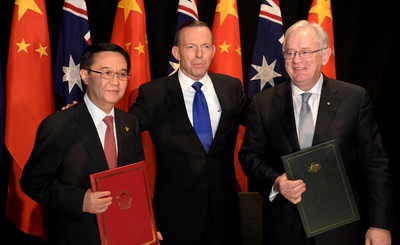
Chinese company's takeover of Australian farmland and firms draws mixed reaction from Australia ministers.

Agricultural analyst at Citi Investment Research, Tim Mitchell, recently calculated that "rural raiders" from overseas had spent "well in excess of $12 billion" over the past four years on Australian agribusinesses and farms.

Over the last three years, Australia’s agriculture and farmland have been in high demand for institutional investors in Canada searching for diversification and sustainability.

A Chinese investment firm has won approval to buy Australia's oldest dairy farm, making it the first overseas company to be subject to new rules aimed at ensuring foreign companies pay tax on their Australian earnings.

Australian Prime Minister Tony Abbott throws his support behind Jakarta’s plans to invest in Australian cattle farms to help end a trade dispute that has devastated his country’s cattle industry and boosted beef prices in Indonesia.

ANZ Banking Group violated its own policies and international human rights standards by providing 40 million $ loan to a Cambodian sugar company that seized land from local farmers, according to a statement released by Australian government body that monitors corporate behavior overs.
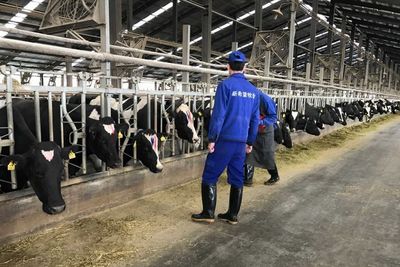
Chinese investment in Australian agriculture is usually a magnet for controversy, but one Chinese company has remained immune from criticism, with plans to invest $1 billion by the end of the decade.

|
KKR acquires ProTen from Aware Super
|

|
CAR offers land ownership using cryptocurrency
|